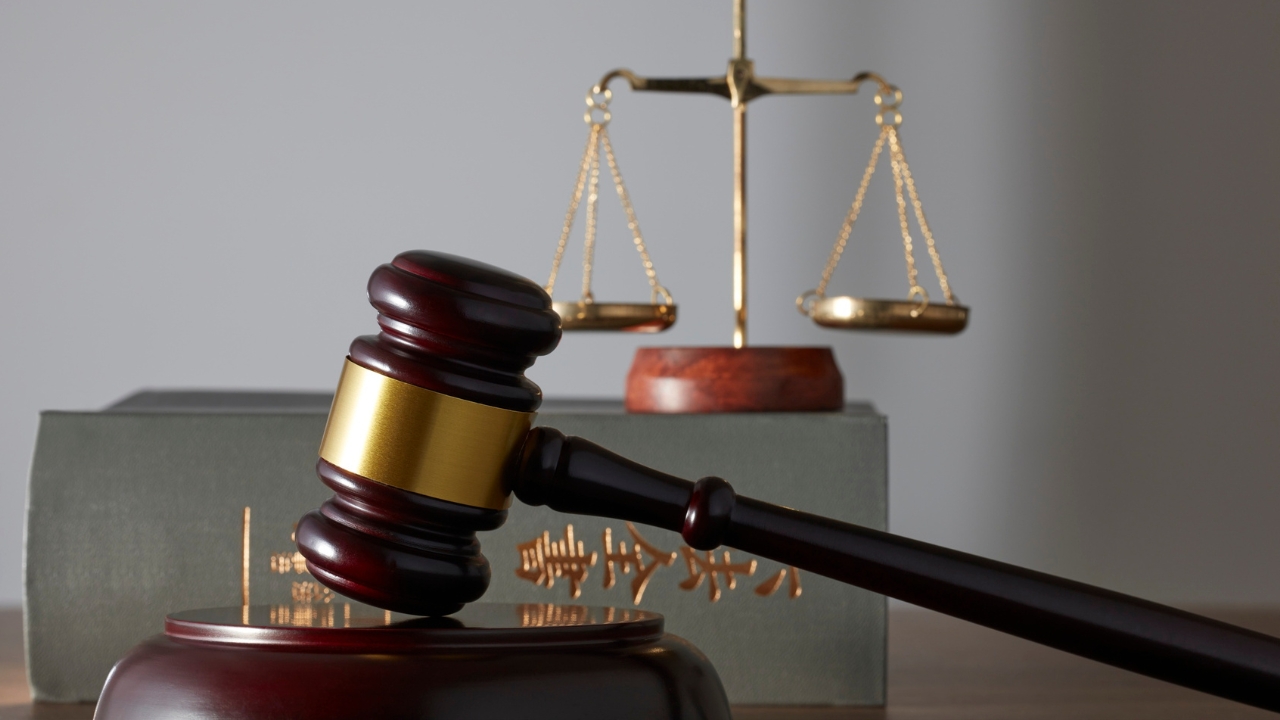
Luigi Mangione Appears in Court Over Killing of In
Luigi Mangione appears in court over murder of UnitedHealthcare CEO. Lawyers seek to dismiss state c

The recent decision of a Colombian court in favor of adult actress Esperanza Gomez against Meta is not just a headline-making case about nudity on the internet. It is also part of a much larger global conversation about digital rights, corporate responsibility, and the thin line between legitimate censorship and the suppression of free expression. The ruling highlights how powerful tech corporations like Meta play an increasing role in limiting or shaping speech—and now, courts are beginning to push back.
Who Is Esperanza Gomez and What Happened?
Esperanza Gomez is a popular adult film actress from Colombia, known across Latin America and beyond. Over the years, she built a significant online following, using platforms like Instagram and Facebook—both owned by Meta—to connect to her fans and promote her work.
However, Gomez claimed that Meta unfairly restricted her profile. Posts and images linked to her professional career were removed under the company’s community standards on nudity and sexual content. Her social media reach became limited, cutting into her ability to engage with fans, promote appearances, and sustain her livelihood.
From her perspective, what happened wasn’t just about a few posts being deleted. It was about a major global platform actively silencing her voice, applying rules that felt discriminatory and inconsistent.
The Court’s Decision
The Colombian court examined Gomez’s complaint and sided with her, ruling that Meta had violated her fundamental rights. Judges noted that none of the content she shared was illegal under Colombian law. It was professional material tied to her work. By removing it without giving her due process or a transparent justification, Meta overstepped.
The court stressed two important points:
First, that freedom of expression cannot be casually restricted by companies whose platforms act like global public squares.
Second, that censorship decisions need to balance platform policies with the rights of users, especially when those policies directly affect their ability to work and earn a living.
This ruling has forced Meta to restore Gomez’s account and review its approach. More than that, it has set a legal precedent in Colombia, where courts are beginning to question the unchecked power of social media giants.
Why This Case Matters
At first glance, this case might seem like a conflict between an adult entertainer and a corporate policy on nudity. But its implications are far wider.
The Power of Platforms
Companies like Meta are no longer just private businesses. They have become central arenas for speech, culture, and commerce. The way they enforce rules impacts millions of people every day. A decision to suspend or censor someone can silence not just individuals but entire professions.
The Question of Fairness
One of the complaints raised by Gomez—and by others before her—is the inconsistency in how content policies are applied. Mainstream celebrities, fashion magazines, or influencers often share semi-nude images without restrictions. Yet adult professionals find themselves disproportionately targeted. This double standard raises serious concerns about bias.
Freedom of Expression vs. Community Standards
Social media companies argue that they must maintain certain standards to protect users from harmful or explicit content. However, courts like the one in Colombia are now arguing that such standards cannot become a cover for arbitrary censorship. Expression linked to legal professions, including adult entertainment, deserves protection under the same principles that apply to artists, journalists, and educators.
A Global Debate on Digital Rights
This ruling is not just a Colombian issue—it connects to similar stories worldwide. In 2018, Facebook drew criticism after removing famous works of art, including paintings and sculptures, labeling them as explicit content. In several countries, photographers, artists, and even museums have complained about Meta’s strict content filters treating art the same way as pornography.
In the United States, debates have grown over whether platforms should be regulated like public utilities because of their massive influence on speech. In Europe, laws like the Digital Services Act now seek to hold platforms accountable for how they moderate content. In all of these cases, the same question is at the core: should global corporations have unchecked authority over what billions of people can say, see, or share?
Economic and Social Impact
For performers like Gomez, social media is not just entertainment. It is a workplace, a marketing tool, and often the main platform to maintain financial independence. A suspension, even temporary, can mean losing contracts, public visibility, and income. Courts are beginning to recognize that such economic impacts turn content moderation into more than a private business decision—it becomes a matter of rights.
The Colombian judgment reflects this thinking. By acknowledging that Gomez’s professional standing and livelihood were damaged, the court placed responsibility on Meta to consider the human consequences of its policies.
Balancing Safety and Freedom
It is also important to recognize that platforms like Meta do have a duty to protect users, especially minors, from harmful material. But striking the right balance between protecting users and respecting the freedom of expression is complex.
The Colombian ruling does not argue that platforms should allow anything without rules. Instead, it suggests a more responsible approach—one where decisions are transparent, consistent, and respectful of rights. Censorship should not be automatic, and professionals should not be silenced simply because of the nature of their work, if that work is legal.
Looking Ahead
The Esperanza Gomez case is likely to inspire similar legal actions across Latin America and possibly beyond. Adult entertainers, artists, and others affected by platform rules could now point to this ruling as an example of using the courts to hold tech companies accountable.
For Meta and other global platforms, the ruling serves as a warning: rules can no longer be enforced in a vague, inconsistent, or unfair manner without facing legal challenges. It also opens the door to a larger debate—should governments regulate digital spaces more tightly to ensure fairness, or should platforms retain their autonomy as private entities?